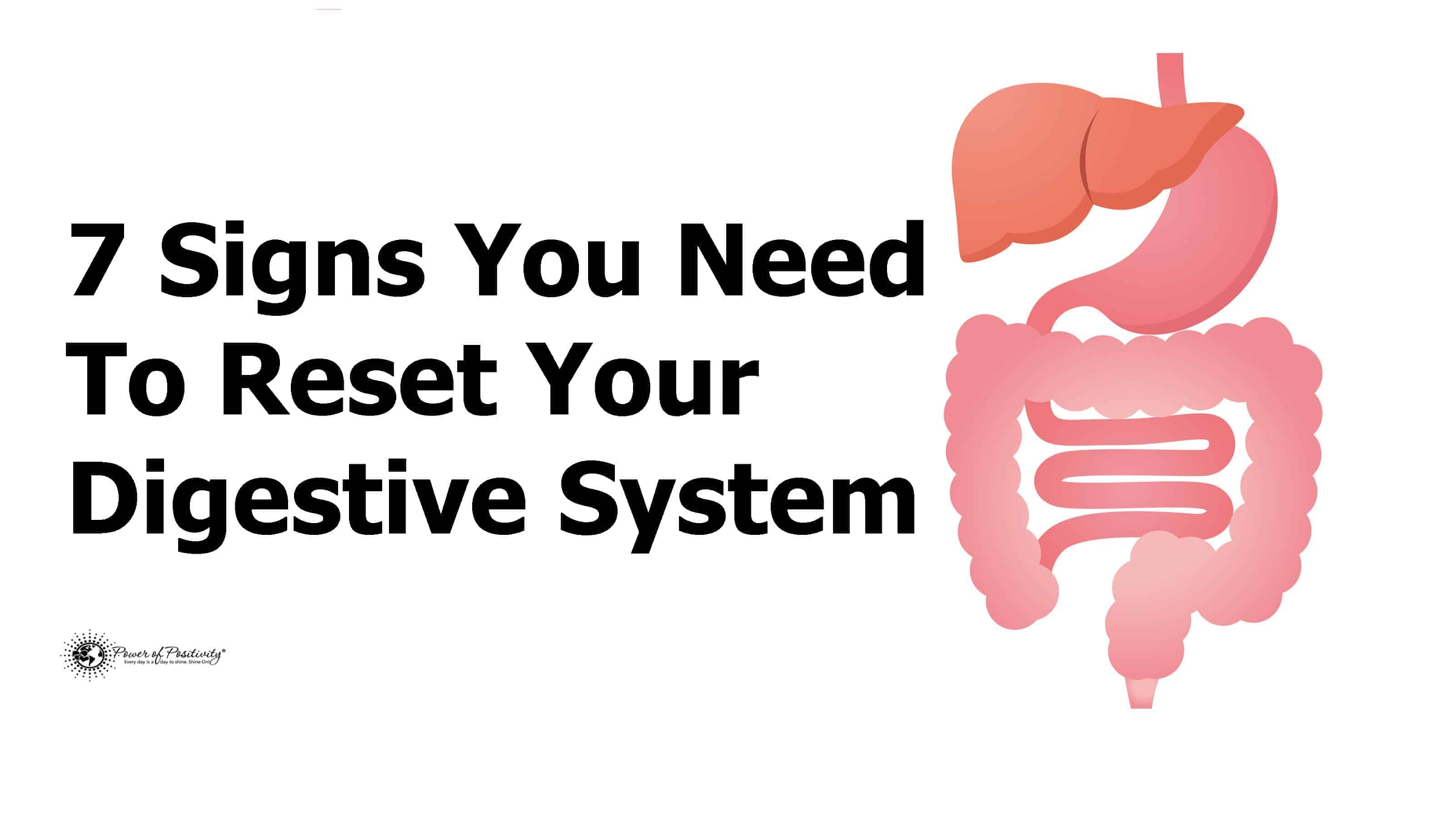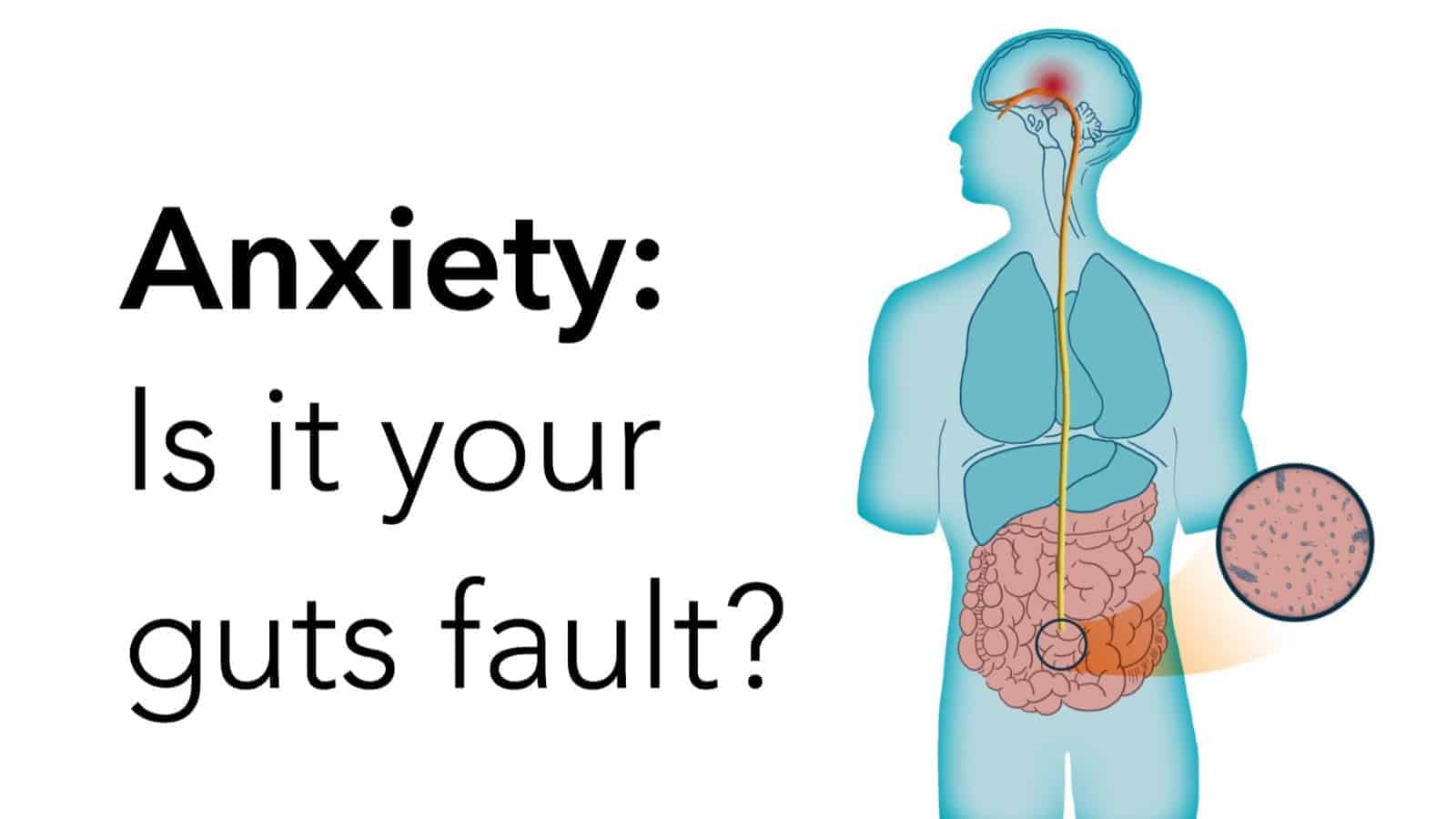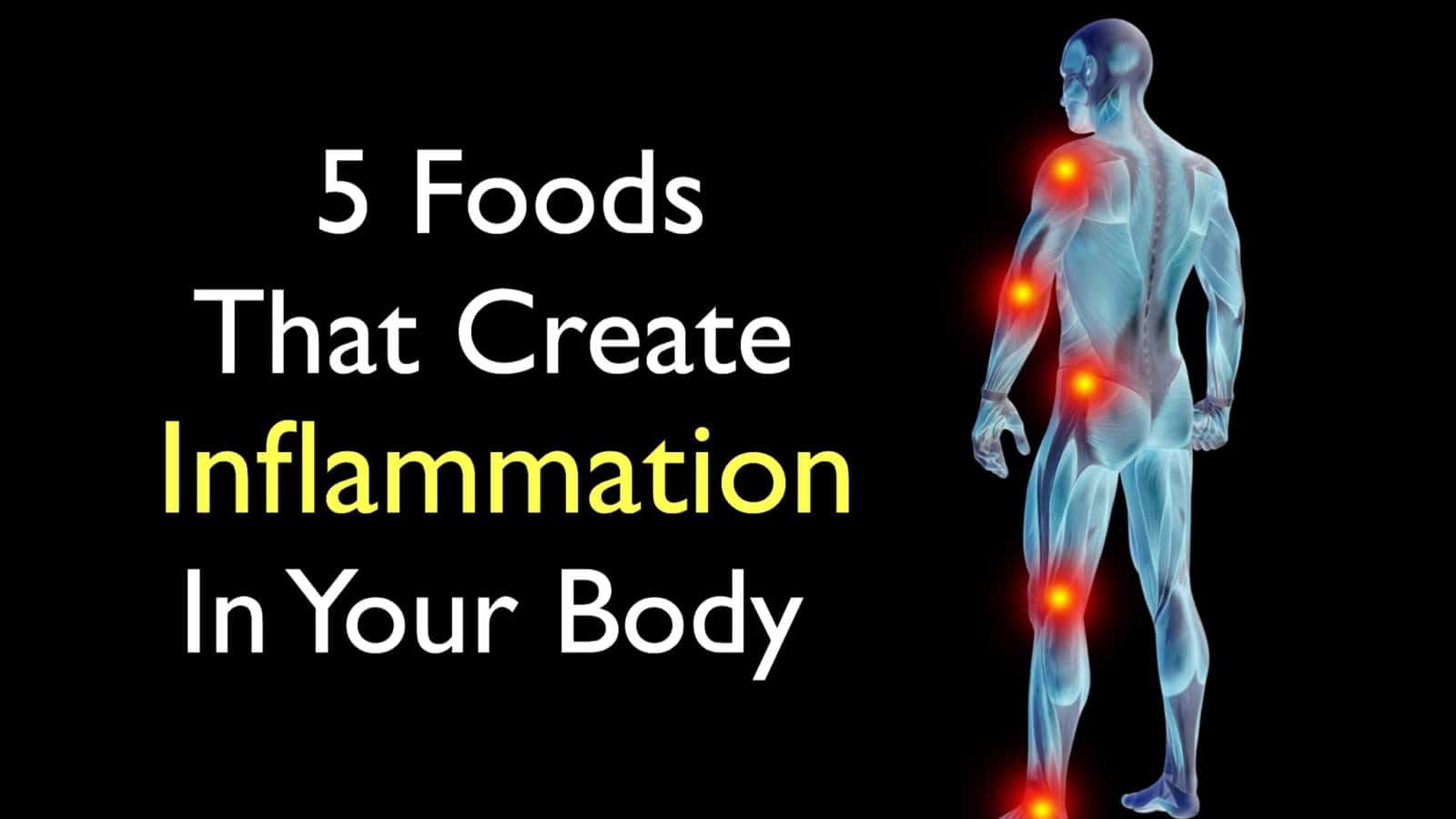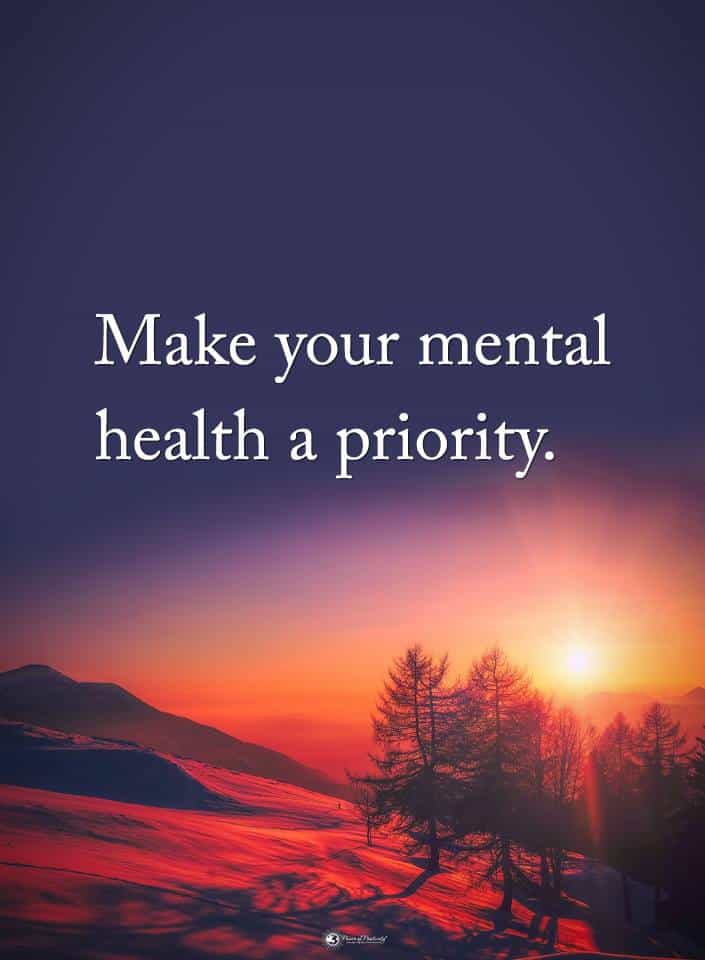“I loved being in groups of people and sought acceptance, but I did not like talking or being the center of attention. I was very introspective, but I loved to share my thoughts with other people.” ~ A Shy Extrovert
What Is an Extrovert?
According to Isabel Briggs-Myers, founder of the widely-used Myers-Briggs Type Indicator (MBTI), “Extraverts orient their energy to the outer world.” In other words, extroverts recharge their energy by interacting with people, going places, and doing things. By contrast, introverts renew their reserves through solitude. While extroverts tend to be sociable or outgoing – and introvert shy or withdrawn – this is not always the case.
It is essential to understand that introversion and extroversion affect how one increases their energy. Extroverts gain their energy by being “out and about.” This doesn’t necessarily mean that they are social butterflies, however.
Shy extroverts are a rare breed. They also tend to be highly conscientious, intelligent, diplomatic, and friendly!
Are you a shy extrovert?
Here Are Nine Signs That Reveal a Shy Extrovert
1. You’re outgoing but not a big talker
Unlike other extroverts, the shy variety doesn’t mind some peace and quiet. While an ‘outgoing extrovert’ (‘O.E’) may feel the need to keep the convo flowing, their shy counterpart doesn’t. The shy extrovert (‘S.E’) feels no discomfort if a conversation isn’t flowing, while this delay may just drive O.E nuts.
2. You’re a better listener than most extroverts
S.E’s are very interested in those around them and what they have to say – something that enables them to listen attentively. Additionally, the shy person understands the frustrations of not being heard and tries hard to let the person know that they’re listening to their words. “Sorry, O.E’s, but your eyes dart around way too mu—” …And now you’re walking away.
3. You dislike small parties
S.E’s are observers in every sense of the word. They love being where the action is, but they’d rather people watch, satisfied knowing they’re “part of things.” The shy aspect of their personality renders them uncomfortable at smaller, quieter gatherings where people are more likely to engage in personal talk.
4. You love deep conversation
O.E’s have the “gift of gab” that allows them to connect with darn near everybody. It’s an exceptional talent that helps explain why they’re among the most gifted politicians, executives, and salespeople. The shy ones often don’t fit this bill. S.E’s take a page out of the introvert playbook in that they detest small talk. (“Please don’t comment about the weather…”)
5. You want to be alone…until you don’t
Shy extroverts can play the introvert exceptionally well…for a little while. If they’ve had a long week, the SE may just lock themselves in their bedroom for few hours. Actually, a few may be a bit too long. Two (and a half?) hours are a bit more like it. Then they’ve got to get the hell out of there.
6. You detest being C.O.A.
Ah, the Center of Attention – something that our outgoing extroverts relish. By the way, this is a good thing. While introverted folks are kind and loving, they’re typically quite terrible at entertaining a crowd. Anyways, S.E’s play part-time introvert in this respect too. Straight-up wallflowers, baby!
7. You’re an introvert’s party buddy
Extroverts love parties. Introverts do, too, albeit for a (much) shorter period. Innies are also prone to feeling all types of awkwardness, which creates a dilemma. They’d hang out with other innies, but they’d already left. They’ve already said “hey…” to the loud people and – oh, there you are!
8. You’re a great confidant
Shy extroverts have great empathy. They love listening to other people and, as mentioned, don’t need to be at the center of attention. That means that people (introverts included) confide in them. When engaging in an authentic, deep conversation, nobody may be more up to the task than our shy extroverts.
9. You’re the perfect friend
Regarding personality traits, you’re about as perfect an in-betweener as it gets. While there are plenty of smart extroverts to hang with, you may not feel like keeping up with the conversation. No problem, your innie friend wants to talk about a book she hasn’t finished. An hour later, your O.E. buddy comes along and wants to do a jello shot and go work out. Wait, what?










